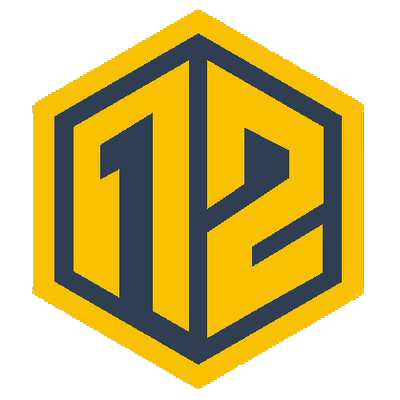Work addiction sounds like a misnomer to many, especially in our fast-paced modern society where the constant striving for more is not only acceptable but is expected. However, there is a distinct difference between a hard worker who wants to improve their station in life and someone who suffers from an addiction to work. Like many other addictions, it is not always clear-cut who has an addiction to work and who is just a hard worker, but the main difference is the compulsivity involved with someone afflicted with a work addiction. This means that there is an obsessive-compulsive drive to continue to work regardless of the hours necessary to complete the task at hand. Work addiction can also be characterized by a certain euphoric feeling or high that is felt when the person is working. While this may mean increased productivity at first and even the possibility for advancement, being addicted to work has its dangers and this seemingly harmless addiction can wreak havoc on relationships and greatly affect a person’s mental wellbeing.
Signs of a Work Addiction
Being able to distinguish between having a work addiction and just having a good work ethic can be difficult. Adding to this is the fact that work addiction, unlike other addictions, is often rewarded in our society and the person afflicted could use this positive reinforcement as means to justify their addiction. This means that the only person who can truly admit and diagnosis a work addiction is the person with the addiction. Self-diagnosis is the first step in achieving freedom from addiction and it is often the most difficult step. So if you are not sure if you have a problem, below are some common signs attributed to people with a work addiction and this may help clear up any confusion you have.
- Working long hours even when it is not necessary
- Consistently losing sleep in order to work
- Obsessions about work
- Preoccupation with success or failure at work
- Paranoia
- Relationships are negatively affected by work
- Working as a means to avoid relationships, stress, obligations, or crises
- Working in order to deal with feelings of guilt or depression
The Bergen Work Addiction Scale
The Bergen Work Addiction Scale was developed by Clinical Psychologist Dr. Cecilie Andreassen and is a method used in order to help identify an addiction to work. The scale uses seven basic criteria to identify work addiction and rates these criteria based on frequency of occurrence. The scale has been published in psychological journals and is accepted by the wider medical community as a means to distinguish between people with an addiction to work and those who do not have an addiction to work. The test is presented below.
Look at each of the following statements and rank yourself on each one according to the following scale.
1 = Never, 2 = Rarely, 3 = Sometimes, 4 = Often and 5 = Always
- You think of how you can free up more time to work
- You spend much more time working than initially intended
- You work in order to reduce feelings of guilt, anxiety, helplessness and depression
- You have been told by others to cut down on work without listening to them
- You become stressed if you are prohibited from working
- You prioritize work over hobbies, leisure activities, and exercise
- You work so much it has negatively influenced your health
If you scored 4 (Often) or 5 (Always) on four or more of these seven statements it may be indicative of a work addiction.

Dangers of a Work Addiction
As with any addiction, the severity of a person’s addiction to work will usually get worse over time if treatment is not sought. The obsessive working which initially lead to praise and promotions can in time lead to a person becoming burnt out, which can actually cause a reduction in productivity and lead to problems at work. Besides the less severe consequence of work-related trouble, suffering from a work addiction can eventually lead to health issues, due to the elevated levels of stress and neglect of personal care, and can in some cases even lead to drug or alcohol dependency in order to cope with the guilt that the addiction brings.
Possibility the most common consequence that people with an addiction to work experience is damage to their personal relationships. One of the main reasons for this is the extended period of time that the person is spending at the work place, but besides this when a person suffers from a work addiction, their preoccupation with work will mean that they are never really present with their loved ones because they are always thinking about work. This will in time lead to strained familial relationships and as the person falls deeper into their addiction, they will further alienate those closest to them.
Treatment Options
Unlike with substance abuse, where abstinence is required for recovery, the answer for work addiction is not to stop working altogether. Although taking a leave of absence or switching jobs may be necessary. The key to recovering from an addiction to work is to establish a healthy work-life balance so that you can continue to pay your bills and support yourself without destroying your health or relationships. Luckily there a number of options for treatment and overcoming a work addiction is completely possibly when the proper help is sought. Many people have successfully overcome their work addiction with the help of 12-step programs, such as Work Addicts Anonymous. However, sometimes a greater level of care is required in order to overcome this addiction and a person may need to attend either an inpatient or outpatient rehabilitation center. This may sound like a frightening proposition, but take solace in the fact that many before you have walked the same path and are now free from their addiction. If you are in need of help with your work addiction, contact the professionals at SoCal Detox, at toll-free 888-590-0777. They can give you the tools and resources necessary in order to overcome this often overlooked and misunderstood addiction.




